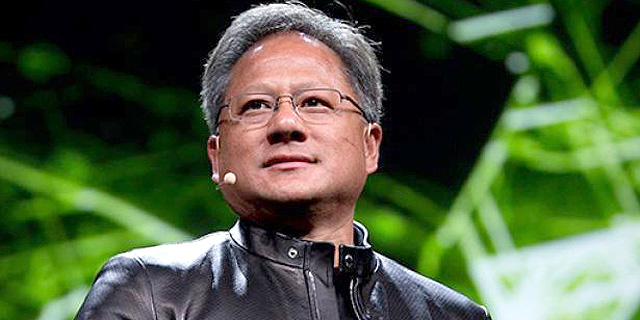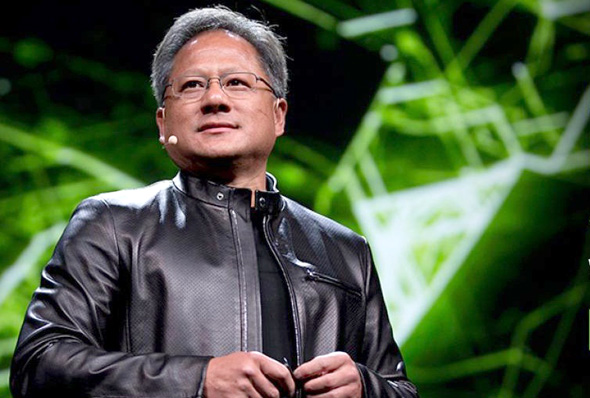
With New Hire, Nvidia Targets Mobileye, Report Says
The chipmaker has hired Claire Delaunay, co-founder of the self-driving trucking firm Otto, to focus on AI and robotics, The Information reported
Lilach Baumer and Orr Hirschauge | 11:03, 17.11.17
As part of its bid for control in the autonomous vehicle market, currently dominated by automotive chip company Mobileye, Nvidia Corporation has hired Claire Delaunay, co-founder of self-driving trucking company Ottomotto LLC, also known as Otto, acquired by Uber last year, according to a Thursday report The Information.
For daily updates, subscribe to our newsletter by clicking here.
The report said Nvidia declined to specify Ms. Claire’s role other than to say it will focus on “artificial intelligence and robotics”. Ms. Claire’s hire is the latest in Nvidia’s courting of AI and robotics specialists. In April the company scooped up former Tesla Vice President David Nistér, who was a key member of Tesla’s autopilot team, which developed semi-autonomous car aspects. Nvidia also recently announced plans to build a research and development center dedicated to AI technologies in Israel, where it will face stiff competition for new from the likes of Intel and Amazon. Danny Shapiro, a senior director of Nvidia’s automotive business, told The Information in an interview that Nvidia hopes the software applications the company develops will replace the image-recognition system of smart camera makers like Mobileye. In 2016 Nvidia had replaced Mobileye as Tesla’s chip provider when the two companies ended their partnership. In a conference in Tel-Aviv in October, Nvidia founder and CEO Jensen Huang said the company’s market share in the autonomous vehicle market would be “very high” due to the company’s focus on fully autonomous capabilities. Nvidia’s chips are increasingly employed in autonomous driving systems. Nvidia reported revenues of $487 million from customers in the automotive industry alone in the fiscal year 2017, an almost fivefold increase from 2014. In October the company presented a new computation system for autonomous cars, called Pegasus, and announced a deal with German postal service Deutsche Post AG, for an autonomous delivery truck test fleet. The market dominator is still Mobileye, the Jerusalem-based company acquired by Intel for $15.3 billion in August, but some car manufacturers do not use the company’s systems, citing their lack of influence on the system’s specifications. One such company is Daimler A.G., which has opened a Mercedes-Benz research and development center in Tel Aviv Thursday. Daimler has so far chosen not to partner with Mobileye because it does not provide clients with access to the design of its systems, said company chairman Dieter Zetsche at the inauguration of the company’s new offices. Mobileye may be moving in that direction, though. Intel Capital’s President Wendel Brooks, the man who brokered the Intel-Mobileye deal, told Calcalist in an August interview that the company plans to open up to the demands coming from automakers and auto part makers. “The tier ones–if we go to a model where we open up our architecture and share with them more, I think we can satisfy their need to have a technology partner as well, different from the way Mobileye operated their business,” Mr. Brooks said.
1 Comment Add Comment